Basir Ahang is another Afghan journalist who has recently suffered death threats and been forced to flee the country.
Recently we learned that Basir, a 27 year-old Afghan journalist who worked for “Farda Radio” and sometimes for the Italian Paper “La Republica,” was not missing as previously thought. In reality, he has had to flee the country because of the death threats he and his family have received from the Taliban and other extremists in Afghanistan.
We must condemn these death threats. They are one way the Taliban targets the intellectuals and young media activists of the country in addition to their killings of many innocent civilians on daily basis. We would like to express sympathy with this latest target of terror and wish him safety. We have heard he has come to Italy; we hope that he will not give up his efforts working for freedom of speech wherever he is. That is the most important thing for his country.
While Parwiz Kambakhsh has not been released yet, he has been shifted to Kabul to await further trial. Ali Mohaqiq Nasab, the secular Afghan scholar, women’s rights activist and writer-journalist, who was arrested and put on trial in 2005 for voicing controversial ideas about Islam, has recently been arrested by authorities in Iran without any clear reason. There has not been further news about him since then, though the Afghan Government Foreign Ministry, through its diplomats in Iran, have begun to talk with the Iranian government about his release.
A few months ago, Hanif Elham, the active journalist-producer and text editor for Ariana Radio and Television Network, was threatened with death by the Taliban. The threats came in response to his daily radio program, in which he revealed the crimes and genocides of the Taliban throughout their history.
This shows the worsening of the situation for free media activists in Afghanistan. There are problems and pressure from multiple sides: the Taliban, the former Jihadis, the warlords and the governmental institutions have all played a part.
Though some people may believe that the escaping journalists are in fact abandoning their country, we should keep in mind that the media and journalists are the eyes and the ears of the society. When the government not only fails to guarantee the journalists’ safety but creates pressures and obstacles for them, it is the responsibility of their country to show sympathy for and support those who serve as their eyes and ears. It is also the responsibility of the countries where they flee for protection to care for them.
The people criticizing the fleeing journalists should remember that if they did not escape the country would likely be killed. They should consider the close relationship of the government to the Taliban, and the advances the Taliban have made in the government through the Ministry of Information and Culture. Instead of defending the rights of journalists, this ministry now makes traps for them.
Those criticizing the journalists should remember the fates of those like Parwiz Kambakhsh, who are jailed or delivered directly to the Taliban. They should remember that, if a media activist is jailed by the government, there is still some hope or possibility of his release through the intervention of international journalistic organizations—but who will release them from the hands of terrorists whose actions are not based on any human logic? Who will ensure his life when even the presidential palace in the center of the capital is not safe from the Taliban and Al Qaeda’s attacks, even though that government is attempting to compromise with them?
No matter who he is, someone who is punished or threatened for speaking freely has to be assured safety. He has to be supported and protected by any country he comes to for help. That is how freedom of speech is promoted and defended.
In defense of the decisions by many journalists to flee Afghanistan, I would like to remark that, in a country where ignorance is waiting for any chance to spread again; where any knowledge is condemned easily by a Fatwa from Mullahs reliant on a flawed understandings of Islam; where such leaders maintain the trappings of Islam, such as growing beards and reciting the Quran, without knowing and acting on what it says; where such men pray without knowing what they are saying in their prayers; where people are being misled through their emotions and sensations in the name of religion; where one sees violence instead of peace and love in all corners; where the border between life and death is very narrow, narrower than a hair; where you find mines, bullets and bombs in the spring instead of blooms; if the people in such a country are not educated about current affairs by the media and journalists that are the eyes and ears of the society, will the existing corrupt government function the way people want?
In a situation like this, if the journalists are not protected, the result will be a society blinded and suffocated with unheard voices.
The day will come when there will be no threats and intimidation against journalists or civilians in Afghanistan, because there is always a light after any darkness, but it takes time. It will require more struggles and more solidarity from the people with the media. They must ask their government to provide for the protection of journalists and media activists.
Edited by Nathan Hartle
Subscribe to:
Post Comments (Atom)






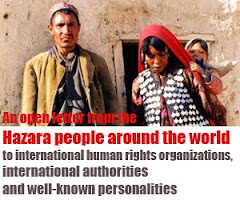



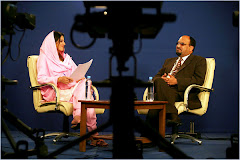
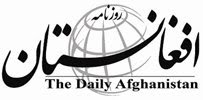


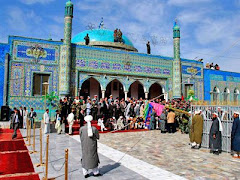
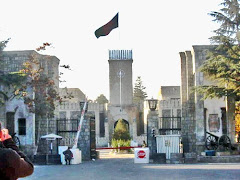
No comments:
Post a Comment
Note: Only a member of this blog may post a comment.